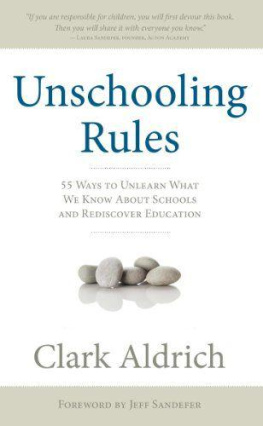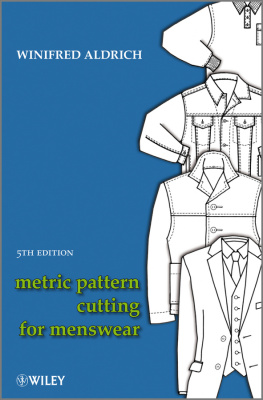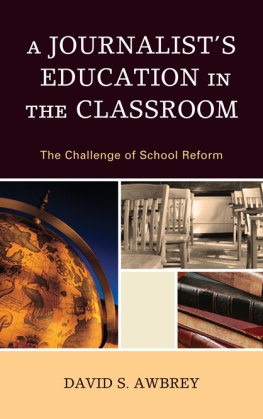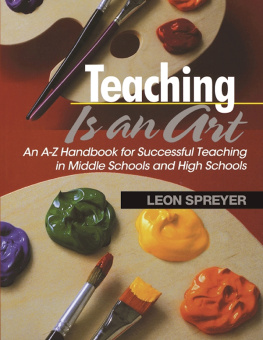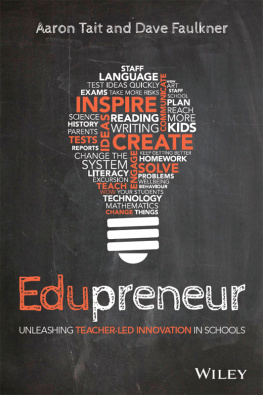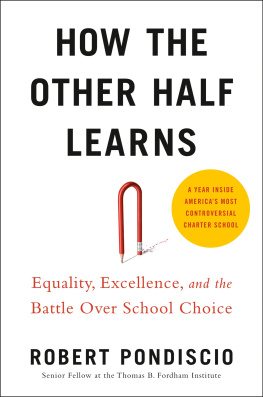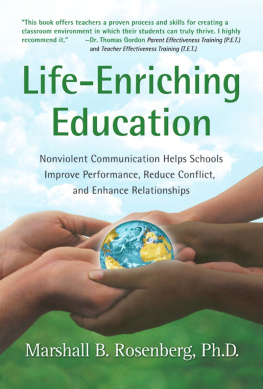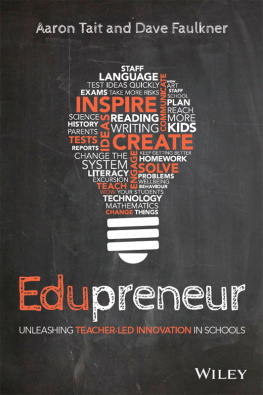All rights reserved.
No part of this book may be reproduced, stored in a retrieval system, or transmitted by any means, electronic, mechanical, photocopying, recording, or otherwise, without written permission from the publisher.
For ordering information or special discounts for bulk purchases, please contact Greenleaf Book Group LLC at PO Box 91869, Austin, TX 78709, 512.891.6100.
Aldrich, Clark, 1967- Unschooling rules : 55 ways to unlearn what we know about schools and rediscover education / Clark Aldrich.2nd ed. p. ; cm.
First ed. published as : Unschooling rules : 50 perspectives and insights from observing homeschoolers and unschoolers on deconstructing schools and reconstructing education, c2010.
Includes index.
1. EducationUnited States. 2. SchoolsUnited States. 3. EducationAims and objectivesUnited States. 4. Educational changeUnited States. I. Title.
Foreword
If somewhere deep inside you, you suspect theres something wrong with Americas educational system, we have something in common.
As a successful entrepreneur and a Socratic teacher for the last twenty years, Ive spent a lot of time working in and studying our educational systems. From the halls of Harvard Business School and inside my own classroom, to serving on blue-ribbon educational commissions for the Governor of Texas and working on educational reforms with scores of CEOs, Ive worked inside the belly of the beast of education, where most of us arent allowed to go. Its not a pretty sight.
For years I accepted the paradigm put forward by Educrats and worshipped by well-meaning political and business leaders: our K-16 educational system should be organized like a factory, where teachers and administrators busily pour knowledge into the heads of students in order to produce more productive citizens.
Then one day I had a wake-up call. Surprisingly, it didnt come while working on an educational simulation with Clark or meeting with a reform-minded CEO or the Dean of the Harvard Business School, but with an elementary school teacher. And it all revolved around our own children.
My wife and I suspected it might be time to move our six- and seven-year-old boys from a Montessori preschool to a more traditional educational environment. So I asked for a meeting with one of the best teachers at one of the best private elementary schools in Austin, Texas, and asked: When should we transition our sons to a more traditional system?
As soon as possible, he replied. Somewhat taken aback, I asked why.
Because the longer they are in a nontraditional school, the harder it will be for them to sit still and be lectured to all day.
I pictured our two curious, lively, happy boys chained to a desk for hours on end, and before I could stop myself said, I dont blame them.
The teacher looked at the floor for the longest time. So long that I thought something was wrong. Then he looked up, with tears in his eyes, and softly said, I dont either.
That moment, that day, I knew our family was finished with traditional education, destined to join Clarks army of unschoolers. In that instant I saw why the K-16 factory analogy was so flawed, not just conceptually, but morally, too. Because our two beautiful sons arent widgets. And neither are your children.
Each child has a spark of genius waiting to be discovered, ignited, and fed. And the goal of schools shouldnt be to manufacture productive citizens to fill some corporate cubicle; it should be to inspire each child to find a calling that will change the world. The jobs for the future are no longer Manager, Director, or Analyst, but Entrepreneur, Creator, and even Revolutionary.
Since my epiphany, Ive done a lot of reading and research. Ive come to respect how the one-room schoolhouses and apprenticeship programs delivered the basic skills and shaped the characters of leaders like Franklin, Washington, Jefferson, and Lincoln.
Ive learned that most of Americas inventions and advances havent come from studying traditional academic theory but from the curiosity and tinkering of mavericksGalileo, Newton, Einstein, Curie, Edison, and thousands of others.
Perhaps most importantly for my own journey, my wife and I started Acton Academy, a new type of elementary school based on the old one-room schoolhouse but supplemented by the latest in game-based software for delivering basic skills like reading and writing. We heard Clarks call that children should learn to do and learn to be through exposure to real-world projects, and that this growth would inspire them to learn to know even more.
As a result, weve watched perfectly normal students advance 2.5 grade levels in just a ten-month period, and have seen many who didnt want to leave school for our six-week summer break.
So, as you read through this engagingand even addictiveset of Clarks observations, I ask you to set aside your preconceived notions of school and take in a strong dose of common sense. Open your mind to the idea that the educational un-system that made America the greatest country on Earth still has many more lessons to teach.
Let this book serve as your wake-up call, whether you are a parent, a teacher, an administrator, an educational-reformer politician, or a business leader. And when you finish it, I encourage you to read some of the books or to visit some of the websites, programs, and schools Ive listed in the afterword. Actually, I hope you will do a lot more. Maybe youll even decide to join this purposely disorganized, rich, colorful, noisy band of unschoolers yourself.
Because educationreal educationmatters a lot.
Jeff Sandefer
Winter 2010
Introduction
To many, learning in a classroom is like eating food from the frozen section of a supermarket. What initially appears to be sustaining, convenient, and diverse is really overprocessed, expensive, and homogeneous.
Its not surprising why. Schools today are stuck in a rut.
In many schools across the world, children en masse get dropped off and enter buildings where they become the recipient of linear teaching and tests. They go home, do homework, and start over again the next dayall for the goal of preparing them for the next level of school and meeting broad and dubiously constructed standards.
The consequences of this single approach are huge. It is reasonable to assume that for 95 percent of all students, their experience in K-12 schools will not significantly change in the next 30 years.
Few even question this pattern anymore, but the education landscape is nevertheless finally getting some diversity. Just as followers of Michael Pollan are no longer relying on the industrial food complex to provide them their sustenance, so too are a growing number of homeschoolers and unschoolers questioning the assumptions of todays industrial education system.

